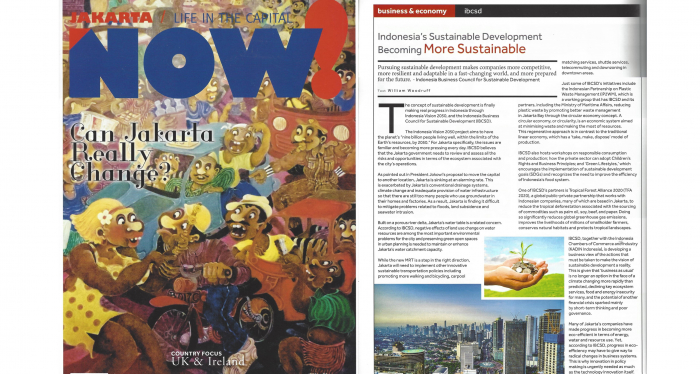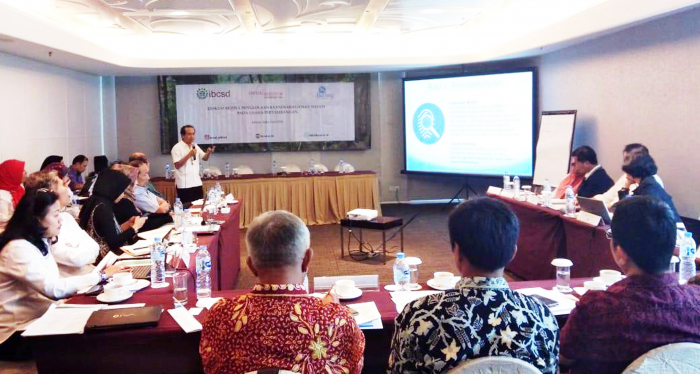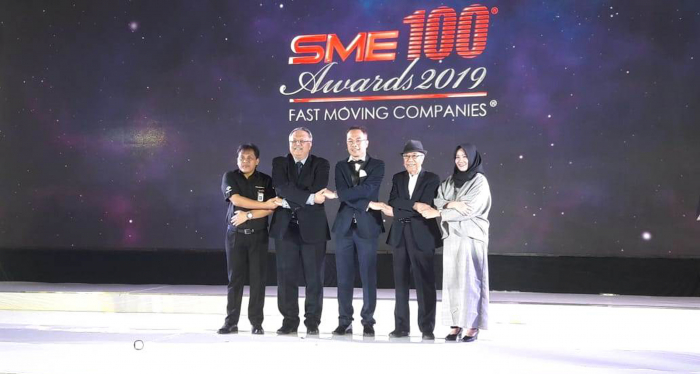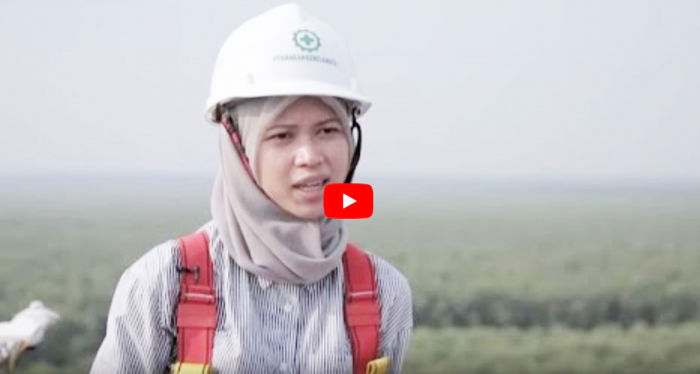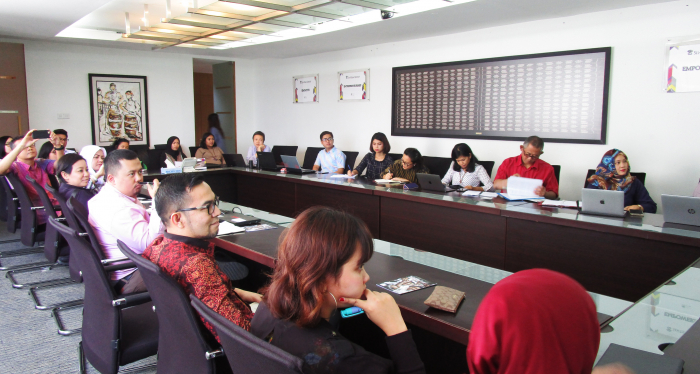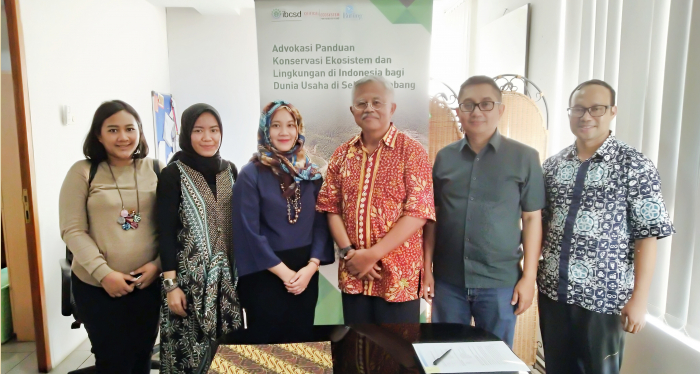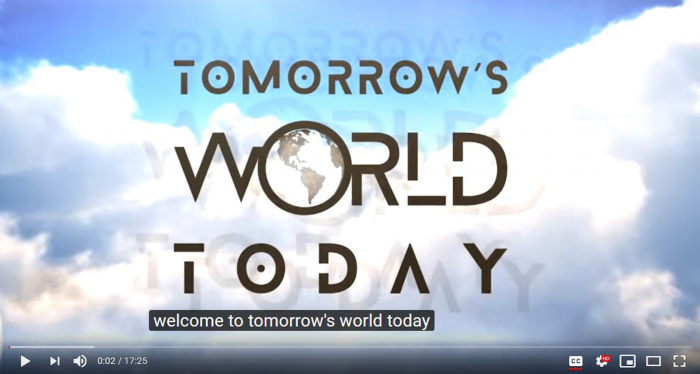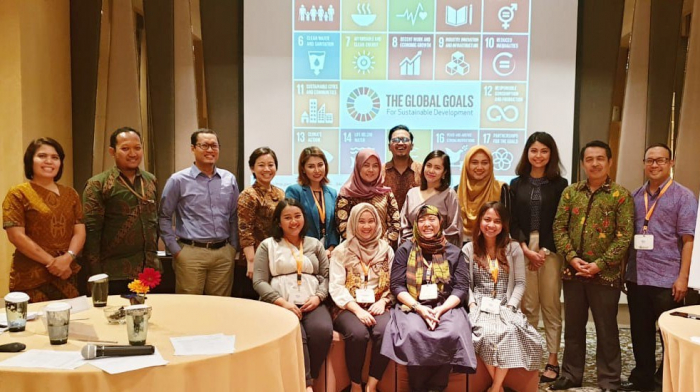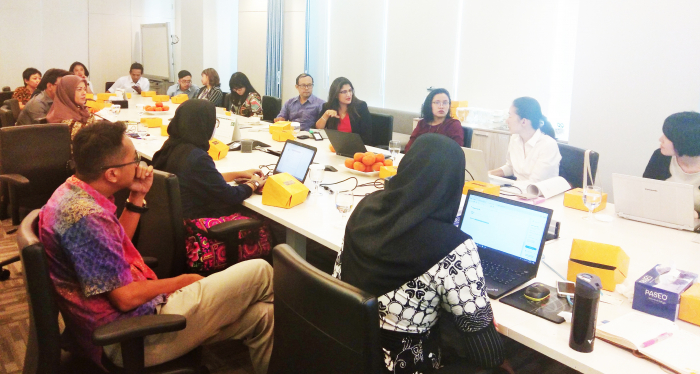
Knowledge Sharing on Climate Action
To promote enhanced climate actions among the member companies, the Indonesia Business Council for Sustainable Development (IBCSD) conducted knowledge sharing event on the above concern with the Overseas Environmental Cooperation Center (OECC), Japan on 18 June 2019 during their visit to Indonesia. On behalf of the Ministry of the Environment, Japan, the OECC itself in collaboration World Research Institute (WRI) supports the Indonesian Ministry of National Development Planning (BAPPENAS) for Partnership to Strengthen Transparency for co-Innovation (PaSTI) program. PaSTI aims to enhance co-innovation between the government, non-state actors and the global community to improve the transparency framework pertaining to the reduction of greenhouse gas emission and to achieve Indonesia’s climate goal in its NDC.
There were eight IBCSD member companies from different industrial sectors attending the knowledge sharing event. They want to learn the climate change actions and efforts among companies and their supply chain partners in Japan. One of the lessons learned is that high level or CEO leadership is a must factor to ensure the climate actions work effectively. The IBCSD member companies are still looking for learning, in particular from PaSTI program on the incentives and greater clarity for enhanced efforts and ambition in climate actions among private sector in Indonesia.
